Effective Waterproofing for Structures
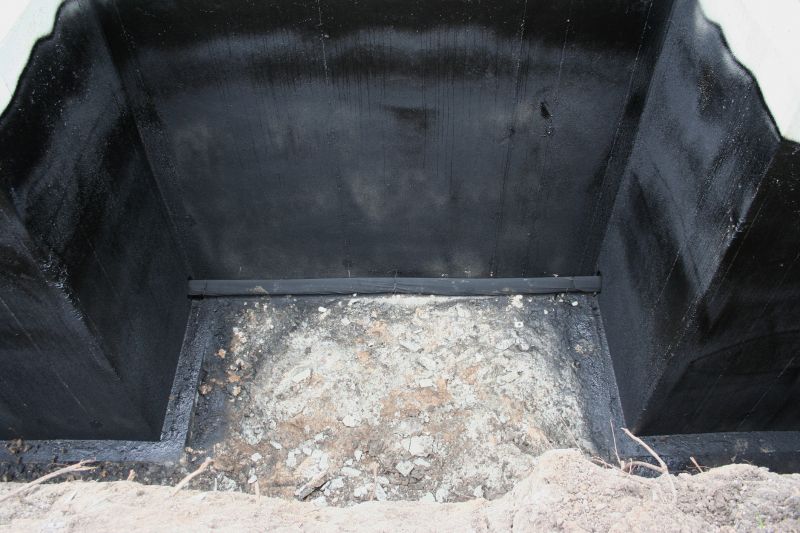
Ways to make Waterproofings work in tight or awkward layouts.
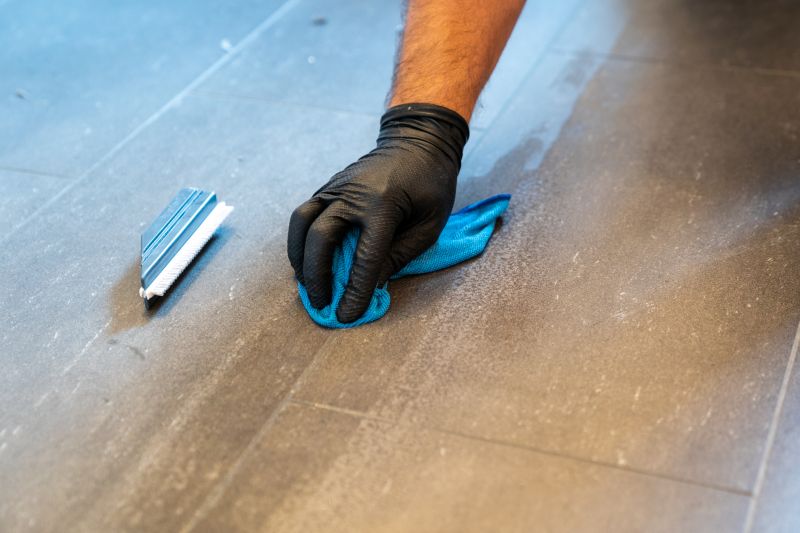
Popular materials for Waterproofings and why they hold up over time.
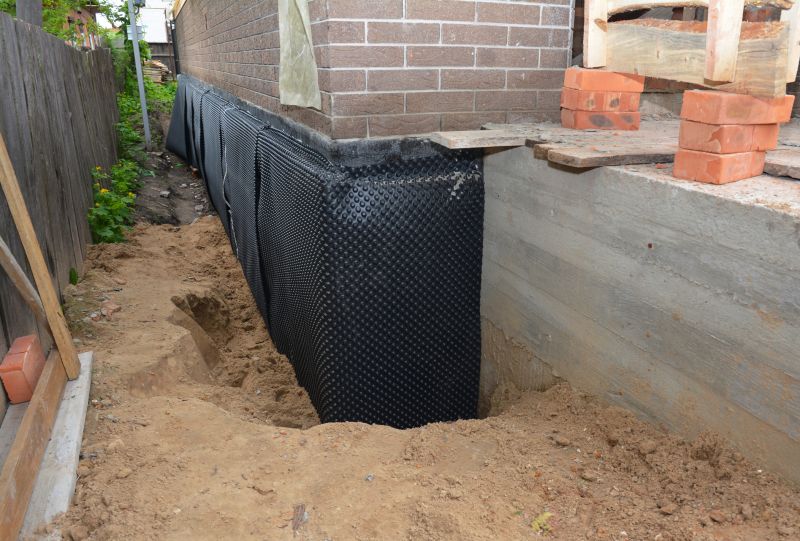
Simple add-ons that improve Waterproofings without blowing the budget.
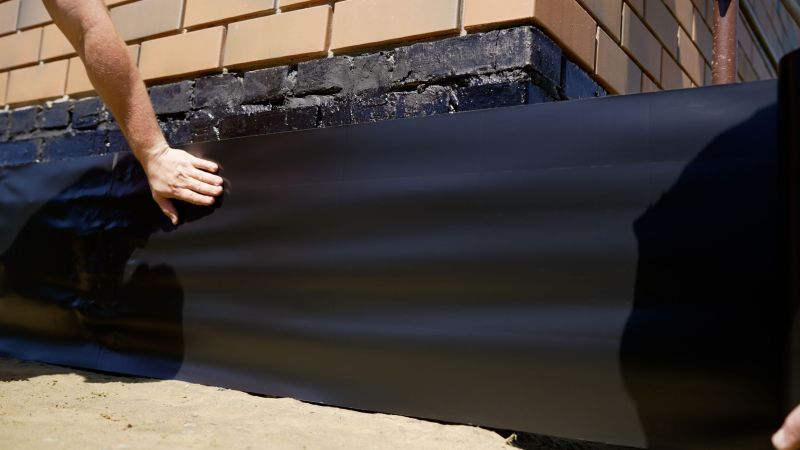
High-end options that actually feel worth it for Waterproofings.
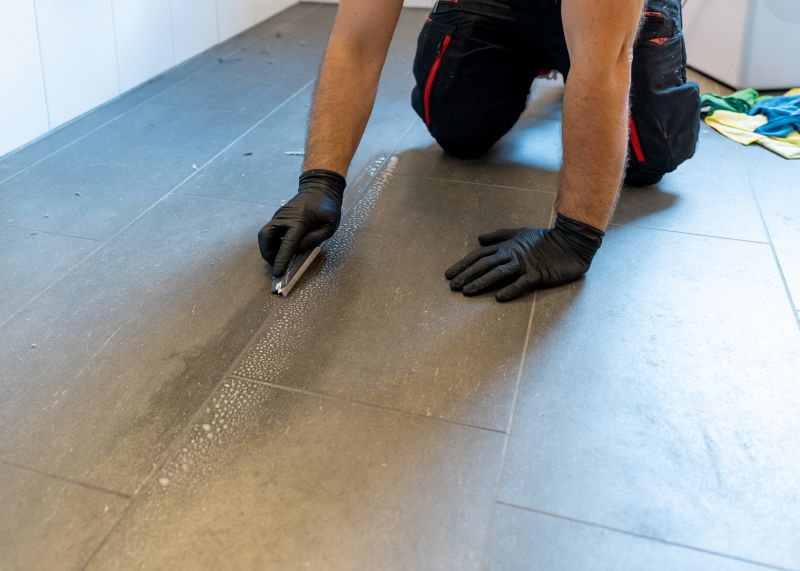
Finishes and colors that play nicely with Waterproofings.
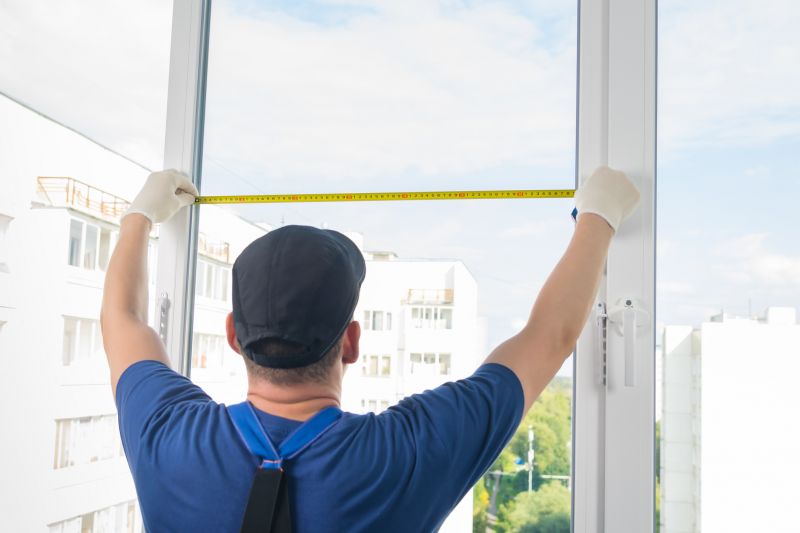
Little measurements that prevent headaches on Waterproofings day.
Waterproofing is a crucial aspect of maintaining the integrity of structures by preventing water ingress. Proper waterproofing protects foundations, roofs, and walls from moisture damage, which can lead to mold, deterioration, and costly repairs. The effectiveness of waterproofing depends on selecting the right materials and applying them under suitable conditions.
Optimal timing for waterproofing projects often aligns with dry, moderate weather conditions. Applying waterproofing during periods of low humidity and minimal rainfall ensures better adhesion and longer-lasting results. Typically, late spring to early fall offers the most favorable conditions, but specific timing may vary based on local climate patterns.
Spring is ideal for waterproofing due to moderate temperatures and decreasing rainfall, which allows materials to set properly.
Summer provides warm, dry conditions suitable for extensive waterproofing projects, especially in warmer climates.
Fall offers cooler temperatures and less rain, making it a good time to prepare structures before winter.
Winter is generally unsuitable due to freezing temperatures and high moisture levels, which can compromise waterproofing efforts.
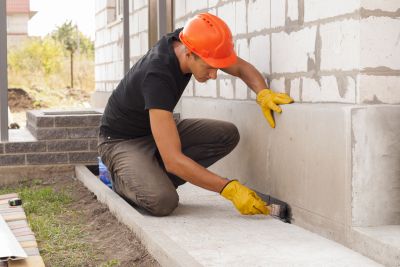
A 60-second routine that keeps Waterproofings looking new.
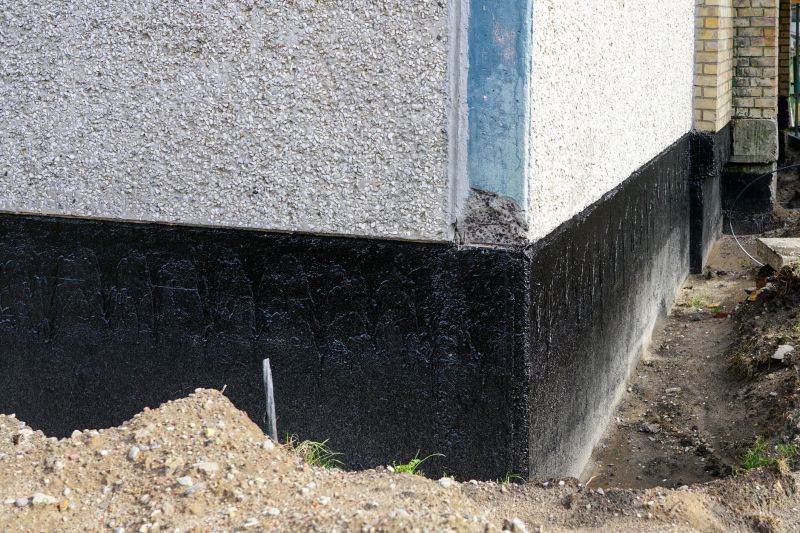
A frequent mistake in Waterproofings and how to dodge it.
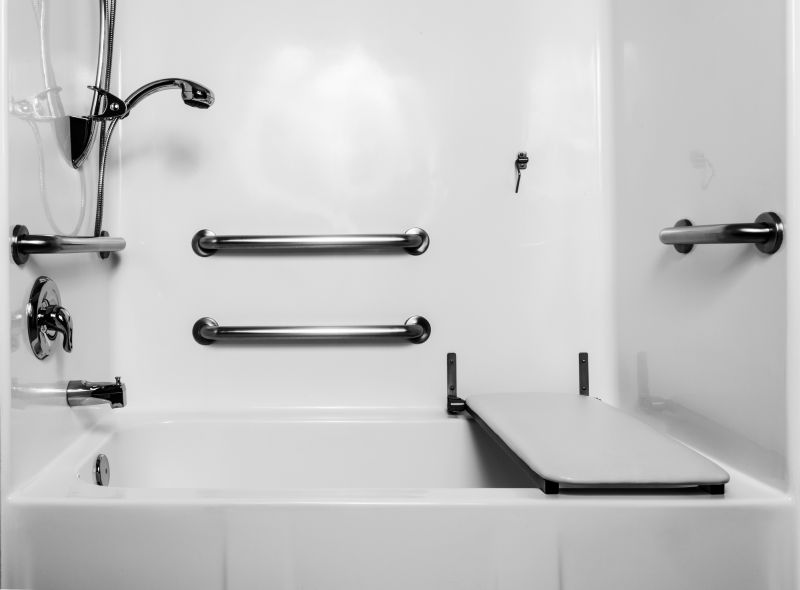
Small tweaks to make Waterproofings safer and easier to use.
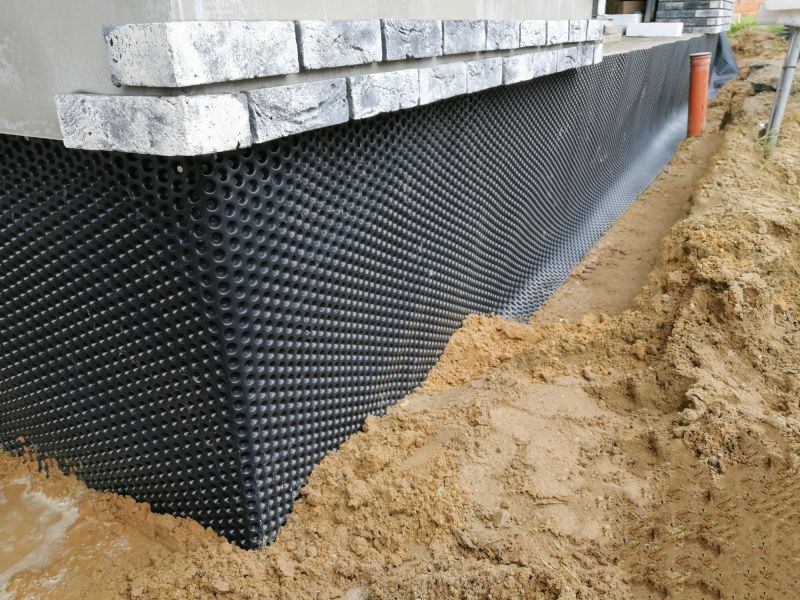
Lower-waste or water-saving choices for Waterproofings.
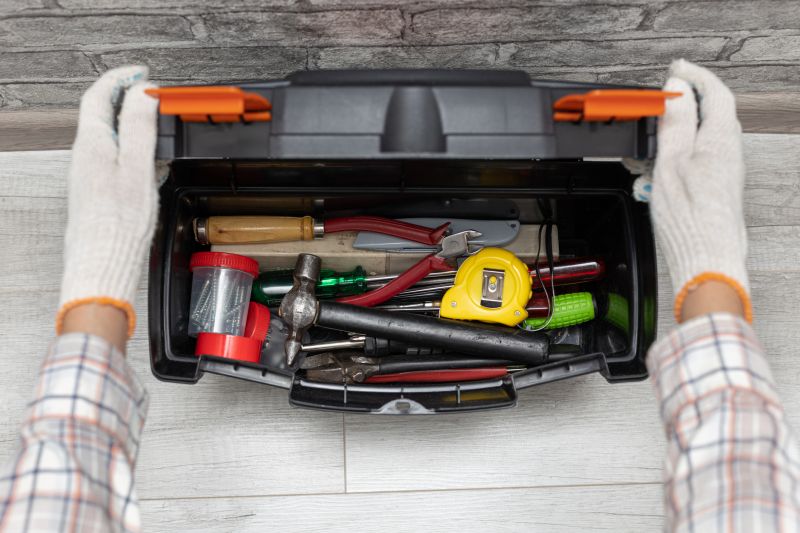
The short, realistic tool list for quality Waterproofings.
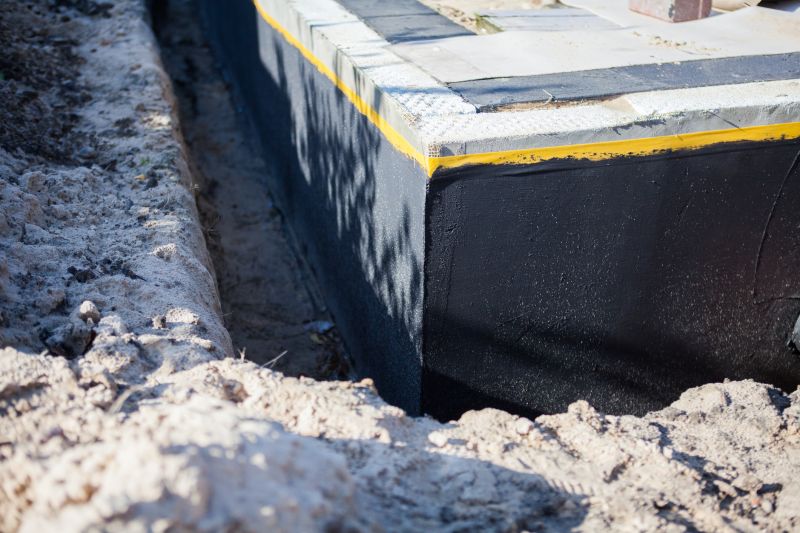
Rough timing from prep to clean-up for Waterproofings.
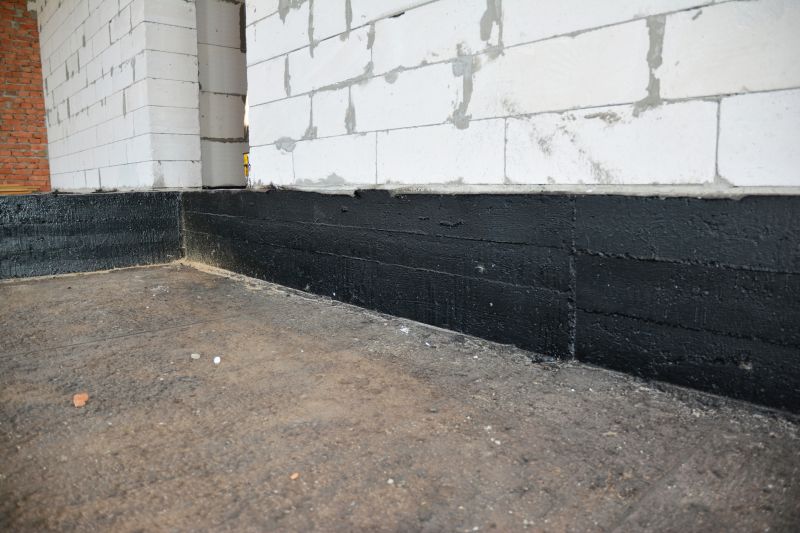
Quick checks and paperwork to keep after Waterproofings.
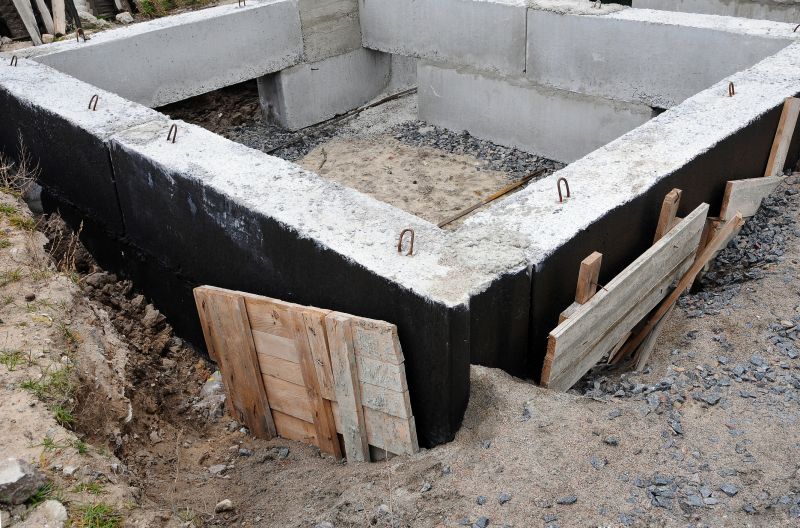
Examples that show the impact a good Waterproofings can make.
| Season | Ideal Conditions |
|---|---|
| Spring | Moderate temperatures, decreasing rainfall |
| Summer | Warm, dry weather |
| Fall | Cooler temperatures, minimal rain |
| Winter | High risk due to freezing and moisture |
| Late Spring to Early Fall | Optimal window for most projects |
Understanding the best timing for waterproofing projects helps ensure long-term performance and durability. Proper application during suitable weather conditions reduces the risk of failure and extends the lifespan of waterproofing materials. Consulting local climate data can assist in planning effective waterproofing schedules.
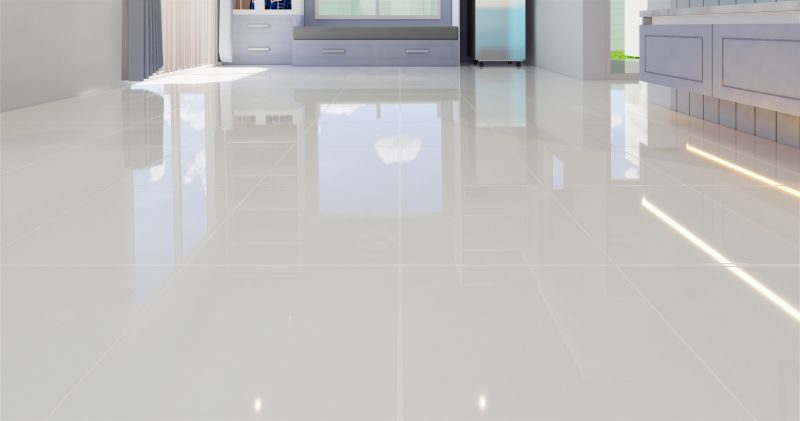
Ways to make Waterproofings work in tight or awkward layouts.
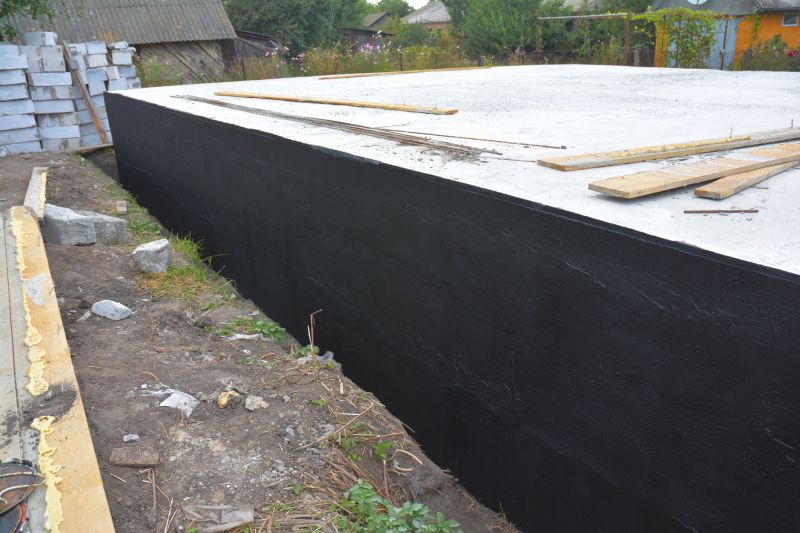
Ways to make Waterproofings work in tight or awkward layouts.
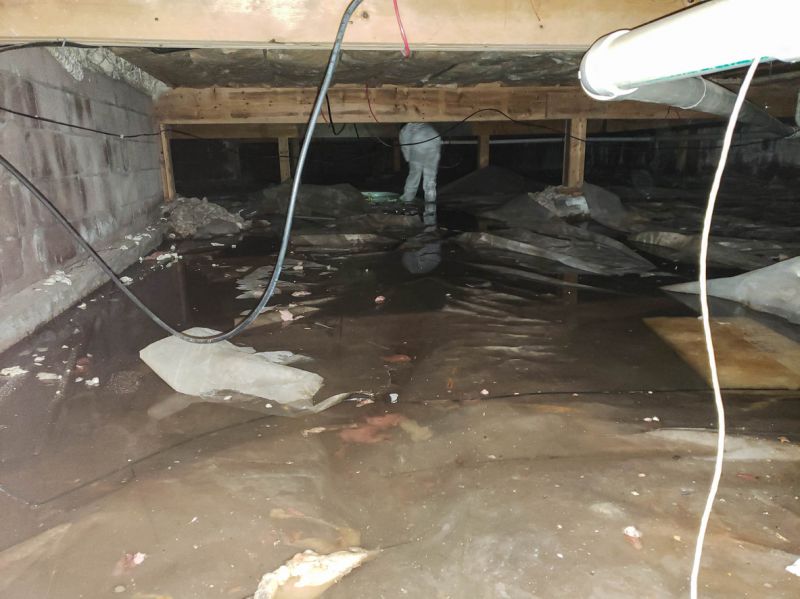
Ways to make Waterproofings work in tight or awkward layouts.
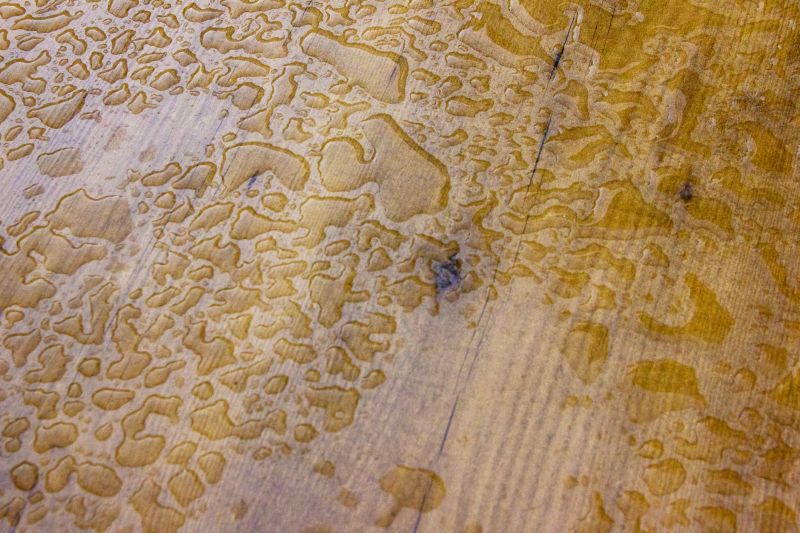
Ways to make Waterproofings work in tight or awkward layouts.
Interested in waterproofing services? Filling out the contact form provides a pathway to discuss project needs and scheduling options. Proper timing and application are essential for effective waterproofing, ensuring structures remain protected from water damage over time.


